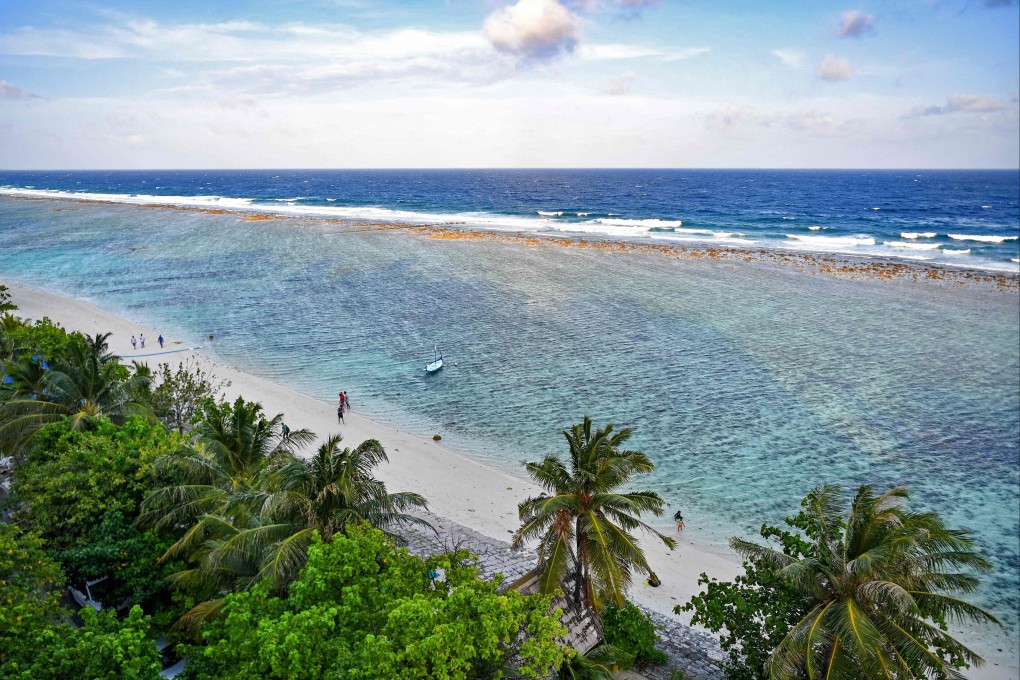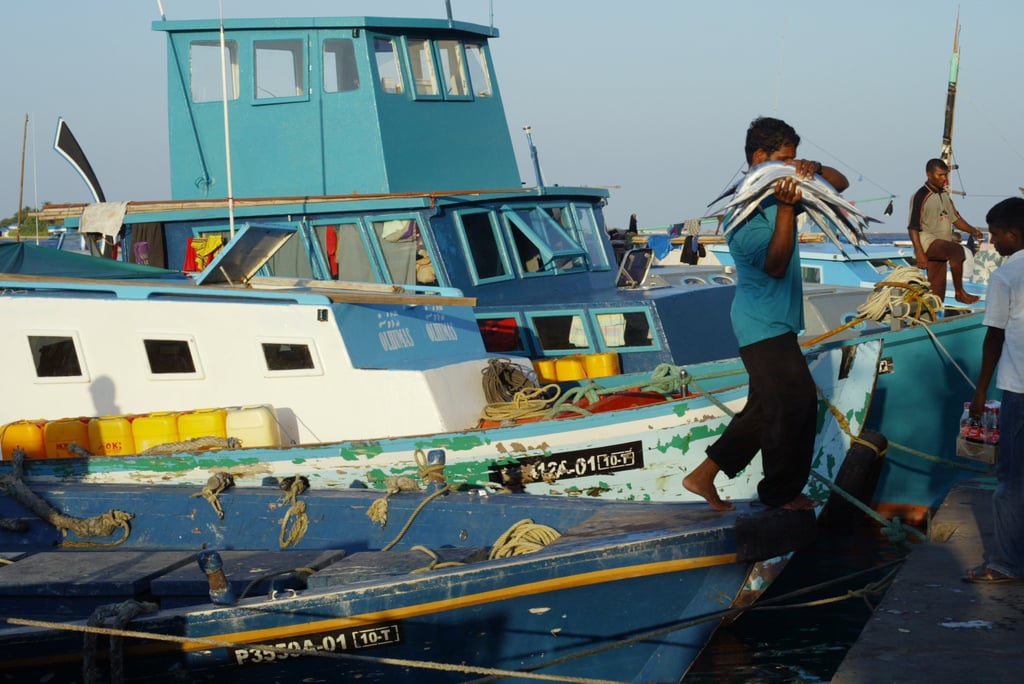Asian Angle | Maldives’ blue economy sustainability push builds upon its traditions and folk stories
- The Maldives’ development model, which has aimed to make better use of its marine resources, plays a key role in its survival and growth

Against all odds, the Maldives has pioneered a development model centred around some core elements of the blue economy. Its tourism industry – offering luxurious holiday accommodation and increasingly affordable holiday huts perched above turquoise waters – relies on thriving island ecosystems and marine life, and in 2023 contributed directly to more than 30 per cent of its GDP and over 80 per cent of foreign exchange earnings. The sustainability of the industry rests entirely on the beauty and health of its marine and ocean ecosystems.
The Maldives’ tuna fishery, which has sustained the country for centuries, uses a traditional pole and line technique, taking the industry from a small-scale operation to a globally renowned exporter of sustainably caught tuna today.
For the Maldives, and the vast majority of countries in Asia and the Pacific region reliant on coastal and marine ecosystems, the full potential of the blue economy is yet to be realised. It is not just an economic strategy; for these nations, including the Maldives, it is a necessity for their survival. While fishing and marine-based tourism have naturally flourished, other investment-intensive sectors such as renewable marine energy, marine biotechnology, and green and resilient infrastructure require financing and conducive policies to thrive.

Supportive policies as catalysts
Maldives and the other Small Island Developing States (SIDS) in the Pacific are putting in place some of the most ambitious policies to change their challenges into opportunities. Energy security and a just transition to sustainable production are key priorities in their nationally determined contributions.

.png?itok=kbmt2DnU&v=1720078446)